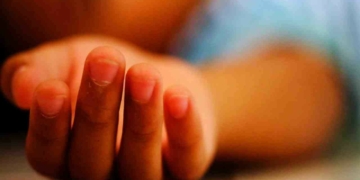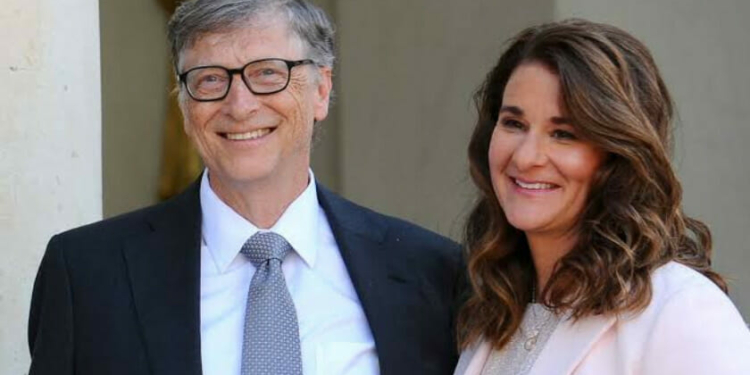The Bill & Melinda Gates Foundation, established by the former world’s richest person Bill Gates and his wife, Melinda, to combat poverty, disease, and inequity in developing countries and other parts of the world, has announced a sizable budget for the new year.
Mark Suzman, the foundation’s chief executive officer (CEO), says that the non-governmental organization has allocated US$8.3 billion to fund its humanitarian efforts globally in 2023.
This information was provided in the CEO’s published annual letter, which the African Media Agency (AMA) distributed on Tuesday on behalf of the company.
The letter said the decision to draw what has come to be the largest budget in the history of the organisation was to frontally tackle the multiple crises that threaten to reverse global progress on the Sustainable Development Goals since the start of the COVID-19 pandemic.
The crises include war, economic turmoil, climate-related disasters, and large decreases in vaccinations for preventable infectious diseases, all of which have taken a significant toll on the world’s poorest people.
The board of trustees’ approval of the budget puts the foundation on track to meet its commitment to reach an annual payout of US$9 billion by 2026, representing a 15% increase over the 2022 forecasted payout, the letter revealed.
AMA quotes Suzman as saying: “This is the toughest period for global health and development in recent memory, but in some ways, it’s also the reason we exist.”
“To help meet the great needs ahead, we are doubling down on our commitment to our core mission: ensuring everyone can live a healthy and productive life.”
AMA reminds us that people in low and middle income countries, particularly women and girls, are facing the severe consequences of intersecting global crises which the world is yet to address with the necessary political will.
The foundation’s big bets, according to Suzman have reflected on its unique philanthropic role, particularly in times of crisis.
It also seeks to ensure that all categories of decision makers, “be they school board members or cassava growers or health ministers, have the best possible options to choose from and the best possible data to inform their decisions.”










Discussion about this post